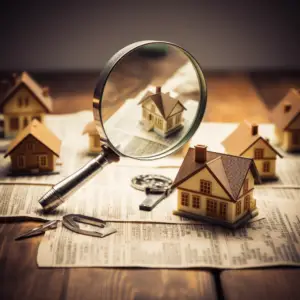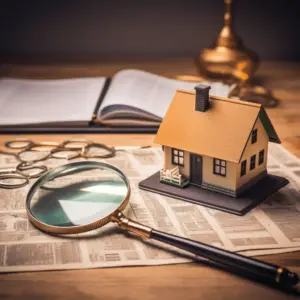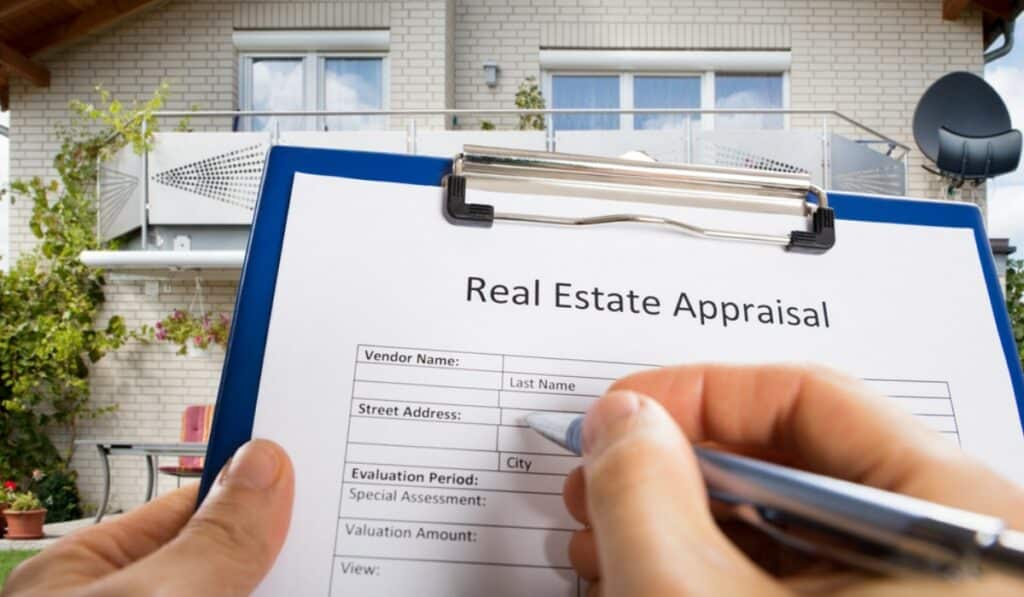Rental Property Appraisals, Are you curious as to why your landlord is having your house appraised? To find an answer to that question, you’ll have to consider your landlord’s point of view.
Let’s say interest rates are low, and your landlord or homeowner wants to refinance their rental property to save money on their home loan. The property appraisal is a crucial aspect of the refinancing procedure.
Table of Contents
Why is Your Landlord Having Your House Appraised?

A landlord mainly obtains an appraisal on a rental property to simplify refinancing and obtain a lower interest rate on a loan. Another possibility is that the landlord is trying to acquire a loan for another venture and is using their rental property as collateral.
A house appraisal becomes an important aspect of the lending procedure in both cases.
Rental Property Appraisals assures the loan lenders that the valuation of the property in question corresponds to the loan amount. A rental property appraisal can also assist a landlord in determining their return on investment before applying for a loan.
The Thing to Know Before a Rental Appraisal
An appraisal of a rental property is a routine operation in the refinancing process. The lender will be unable to finish the refinance process if the house does not appraise for the anticipated value.
It’s normal for your landlord to be concerned about the rental property valuation, especially if tenants occupy the property. They may not be able to conduct major remodelling or landscaping while tenants are present. The tenants are thus instrumental in improving the rental property’s evaluation and cooperating with the appraiser when they visit.
Who Completes the Rental Appraisal?
For a rental evaluation, a professional property manager comes to the property. They offer the landlord a comprehensive analysis of the investment property’s earning potential based on current market trends and comparable rent levels.
What Does a Property Appraiser Look For?
An appraiser evaluates the structure and property. The foundation, home systems, roofing system, and construction material quality will be inspected initially.
To verify dimensions, the appraiser will double-check the square footage from the lot size to the property’s exterior. Rental Property Appraisals Garages and basements may not be included in the gross living area, but they are a big portion of the property value estimation.
The assessor considers roof leaks, foundation floor fractures, water damage, holes, and other exterior issues. The property’s construction code compliance will be closely examined. Its structural integrity and significant degradation will be rectified.
The appraisal excludes temporary sheds and above-ground pools. Permanent structures like sprinkler systems can be included.
What Happens When an Appraiser Visits Your House?
When appraisers visit your house, they will determine its current market value by performing a room-by-room inspection to assess its condition. They will also traverse the length of the property to assess its outer condition and take notes.
An appraiser will usually spend 30 to 45 minutes on the property, measuring its dimensions, reviewing its amenities, and assessing its overall condition, both inside and out. They’ll photograph the exterior, garage, and inside rooms as well.
What is the Cost of a Rental Appraisal?
A rental property appraisal can cost you anywhere from $400 to $2,400 or more, depending on the location of your property and number of units, and often includes a rent survey and a financial statement of the property.
Landlord-tenant agreement
A landlord should inform the renter about the house evaluation and the importance of obtaining a favorable appraisal. Also, before permitting an appraiser to enter an occupied property, the landlord should give the tenant a normal landlord notice. Before the evaluation, the renter should help create a good first impression on the appraiser by keeping the rental unit clean and clutter-free.
The landlord can offer the tenant an incentive to improve the property’s look. If there are any major difficulties, the landlord and the tenant should find a way to take care of them before the appraisal. Fixing cabinet door hinges, gluing down the curling corner of a vinyl floor, repairing malfunctioning air conditioning, or replacing a damaged window are just a few examples.
Keep in mind that a qualified appraiser will look past any visual faults or home decor and instead focus on the structure and property.
Rental Property Appraisals renter has kept the property in good condition, the appraisal should assist the landlord in obtaining the refinancing or loan they require.
What are some of the Things That Can be Done to Improve a Rent Appraisal?

Below is a list of things a landlord can do to improve the rental appraisal:
- Provide documentation for previous renovations and improvements
- Make sure the exterior of the property is in good condition
- Perform routine maintenance inside the property
- Utilize design tips to make the interior of the property look attractive
- Make the appraiser’s experience pleasant
How is Rental Value Related to Property Value?
A home’s worth is determined by what comparable homes have sold for in the previous six months. When it comes to determining the genuine worth of a rental property, appraisers can’t only compare it to physically similar structures; they must also examine the rental revenue it generates.
Conclusion
We hope this post clarified why your landlord is having your house appraised. You should know a few things regarding residential rental homes, whether you own an investment property or rent one. Whether occupied or vacant, your landlord may want their property evaluated.
As mentioned, an appraisal is needed for refinancing to get better interest rates or for a home equity loan or HELOC with the property as collateral. Renters should make sure the house appraisal goes well and quickly.


